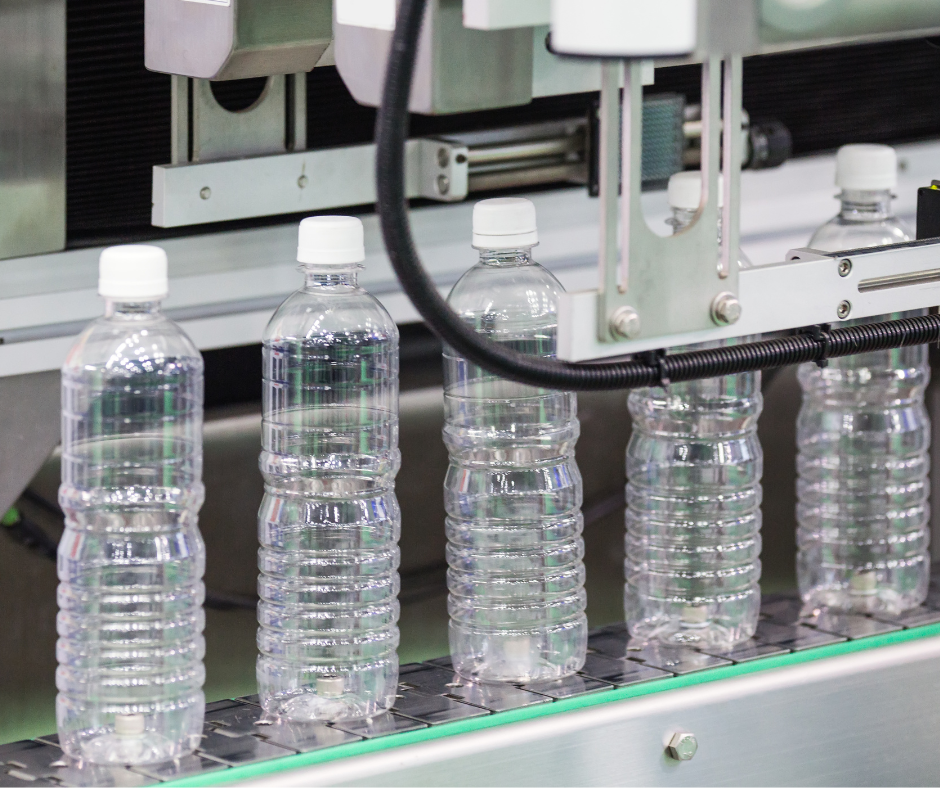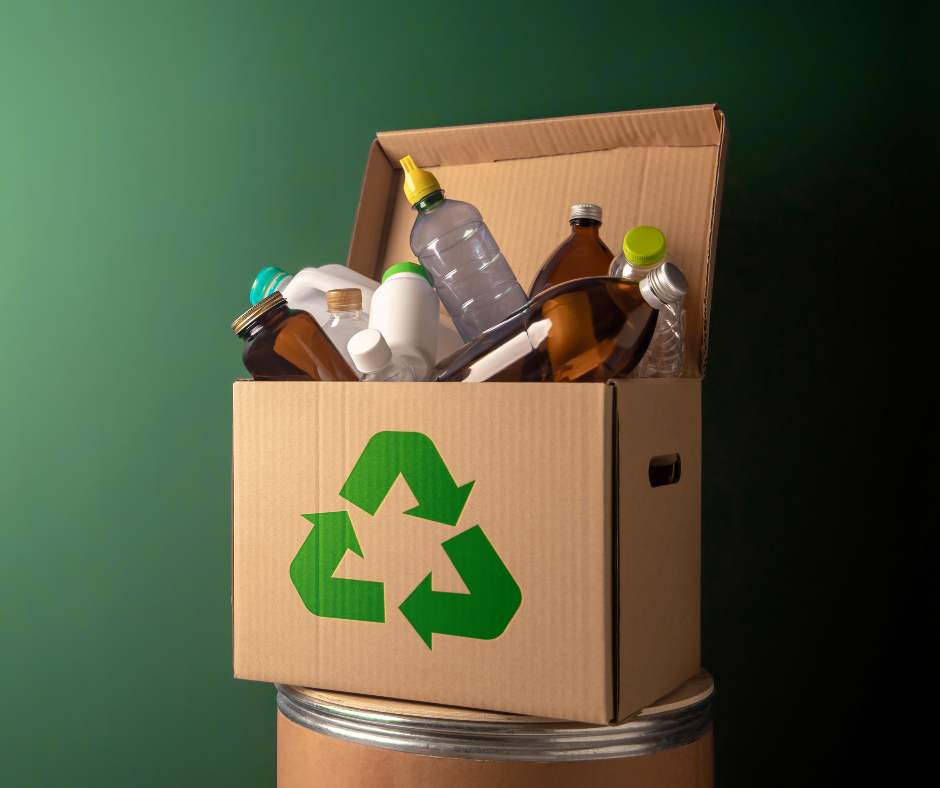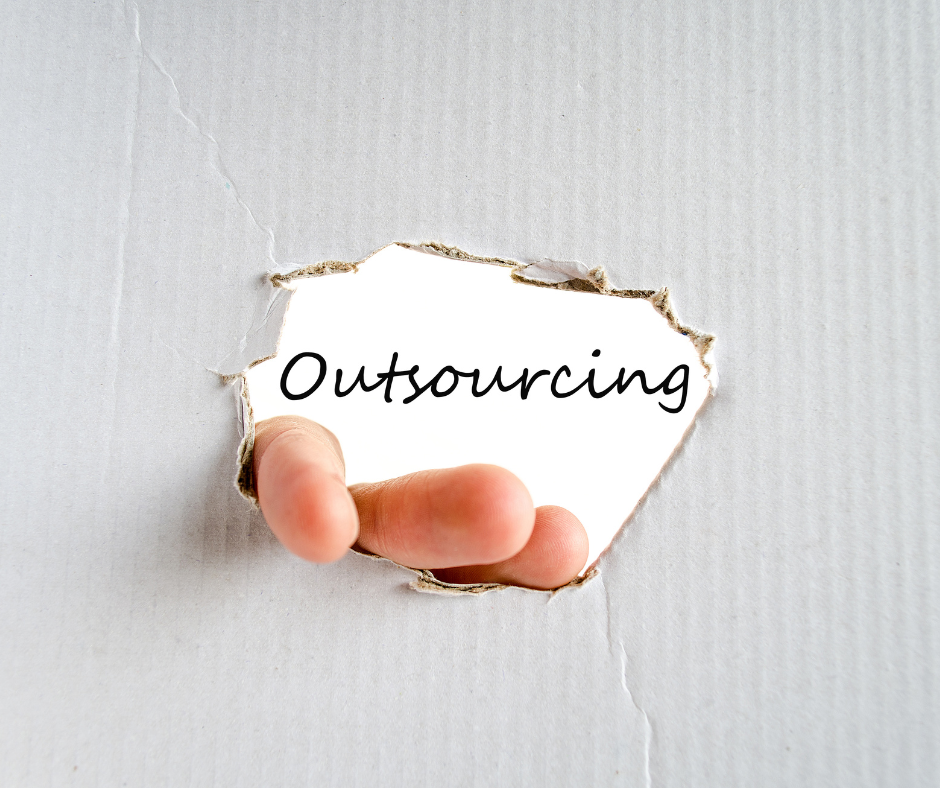Outsourcing plastic production refers to the practice of hiring a third-party company or manufacturer to produce plastic products on behalf of another company. This can be done to reduce costs, increase efficiency, or take advantage of specialized expertise.
Outsourcing plastic production can have both benefits and drawbacks. On the positive side, it can allow companies to save money on equipment, labor, and other costs associated with producing plastic products in-house. It can also give companies access to specialized expertise and technology that they may not have in-house.
However, outsourcing can also come with some risks. Quality control can be more difficult when products are being produced by a third party, which can lead to defective or substandard products. There is also the risk of intellectual property theft or loss of control over the production process. Additionally, outsourcing can lead to negative perceptions from customers or stakeholders who may view it as a cost-cutting measure at the expense of local jobs.
Ultimately, whether outsourcing plastic production is a good strategy depends on the specific circumstances and goals of the company. Careful consideration should be given to the potential risks and benefits before making a decision.
In this article, we will look at:
- 10 Pros of Outsourcing Plastic Production
- 10 Cons of Outsourcing Plastic Production
- How can Deskera Help You?
- Conclusion
- Related Articles
10 Pros of Outsourcing Plastic Production
Here are 10 potential advantages or pros of outsourcing plastic production:
- Cost savings: Outsourcing plastic production can lead to significant cost savings. The cost of labor and materials is often lower in countries where plastic production is outsourced, which can result in lower production costs.
- Access to specialized expertise: Outsourcing plastic production can give companies access to suppliers who specialize in plastic production. These suppliers have the experience, skills, and equipment necessary to produce high-quality plastic products.
- Increased efficiency: Outsourcing plastic production can allow companies to focus on their core competencies, leading to increased efficiency. By outsourcing non-core activities, companies can free up resources and reduce distractions, which can lead to improved productivity.
- Flexibility: Outsourcing plastic production can improve flexibility by allowing companies to adjust production volumes more easily. This is particularly beneficial for companies that have fluctuating demand for their products.
- Scalability: Outsourcing plastic production can enable companies to scale up or down production volumes quickly and easily. This can help companies respond to changes in demand or market conditions.
- Improved quality: Outsourcing plastic production can lead to improved quality. Suppliers who specialize in plastic production have the knowledge and equipment necessary to produce high-quality plastic products.
- Risk management: Outsourcing plastic production can help companies manage risk. By spreading production across multiple suppliers or locations, companies can reduce the risk of disruptions in the supply chain.
- Faster time to market: Outsourcing plastic production can speed up the time to market for new products. Suppliers who specialize in plastic production can produce plastic products quickly and efficiently, which can help companies get their products to market faster.
- Increased innovation: Outsourcing plastic production can foster innovation. Suppliers who specialize in plastic production may have access to new technologies or production methods that can help companies develop innovative new products.
- Global market access: Outsourcing plastic production can enable companies to access new markets around the world. By working with suppliers in different countries, companies can expand their reach and tap into new customer bases.
Outsourcing plastic production can offer many potential benefits, including cost savings, access to specialized expertise, increased efficiency, flexibility, scalability, improved quality, risk management, faster time to market, increased innovation, and global market access.
10 Cons of Outsourcing Plastic Production
Here are 10 potential disadvantages or cons of outsourcing plastic production:
- Quality control issues: One of the biggest challenges with outsourcing plastic production is maintaining quality control. Companies need to ensure that their suppliers adhere to quality standards, and any issues with the quality of the plastic products can reflect poorly on the company.
- Communication barriers: Outsourcing plastic production can present communication barriers, particularly when dealing with suppliers who speak different languages or have different cultural norms. These barriers can lead to misunderstandings, delays, and errors in the production process.
- Intellectual property theft: Outsourcing plastic production can increase the risk of intellectual property theft. Companies need to ensure that their suppliers adhere to strict intellectual property standards to protect their designs and trade secrets.
- Ethical concerns: Outsourcing plastic production can raise ethical concerns, particularly when suppliers use environmentally harmful practices. Companies need to ensure that their suppliers operate sustainably and adhere to ethical standards.
- Loss of control: Outsourcing plastic production can result in a loss of control over the production process. Companies need to trust that their suppliers will produce products that meet their quality standards and adhere to their timelines.
- Hidden costs: Outsourcing plastic production can lead to hidden costs, such as shipping and customs fees, that can add up over time.
- Dependence on suppliers: Outsourcing plastic production can make companies dependent on their suppliers. If a supplier experiences production problems or goes out of business, it can have a significant impact on the company's operations.
- Language and cultural barriers: Outsourcing plastic production can result in language and cultural barriers that can make it difficult to build strong relationships with suppliers.
- Time zone differences: Outsourcing plastic production to suppliers in different time zones can make it difficult to coordinate production schedules and communicate effectively.
- Quality inconsistencies: Outsourcing plastic production to multiple suppliers can result in inconsistencies in quality across different production locations. This can make it difficult to maintain consistent quality across all products.
Outsourcing plastic production can present many potential challenges, including quality control issues, communication barriers, intellectual property theft, ethical concerns, loss of control, hidden costs, dependence on suppliers, language and cultural barriers, time zone differences, and quality inconsistencies. Companies need to carefully consider these potential disadvantages before deciding whether to outsource plastic production.
How can Deskera Help You?
Deskera's integrated financial planning tools allow investors to better plan their investments and track their progress. It can help investors make decisions faster and more accurately.
Deskera Books can assist you in automating your accounting and mitigating business risks. Deskera makes it easier to create invoices by automating many other procedures, reducing your team's administrative workload.
Deskera also offers a suite of integrated applications to help businesses manage their financials, inventory, and operations. Furthermore, other business aspects such as HR (Deskera People), CRM (Deskera CRM), and ERP are provided by Deskera. These could be crucial and can help short sellers keep track of their businesses and make better decisions.
Conclusion
In conclusion, outsourcing plastic production has both advantages and disadvantages. The potential cost savings, access to expertise, and scalability are some of the advantages. However, there are also risks associated with outsourcing, such as quality control, intellectual property, and negative perceptions from customers or stakeholders. Therefore, companies should carefully consider their specific circumstances and goals before deciding whether outsourcing plastic production is the right strategy for them.
Related Articles












